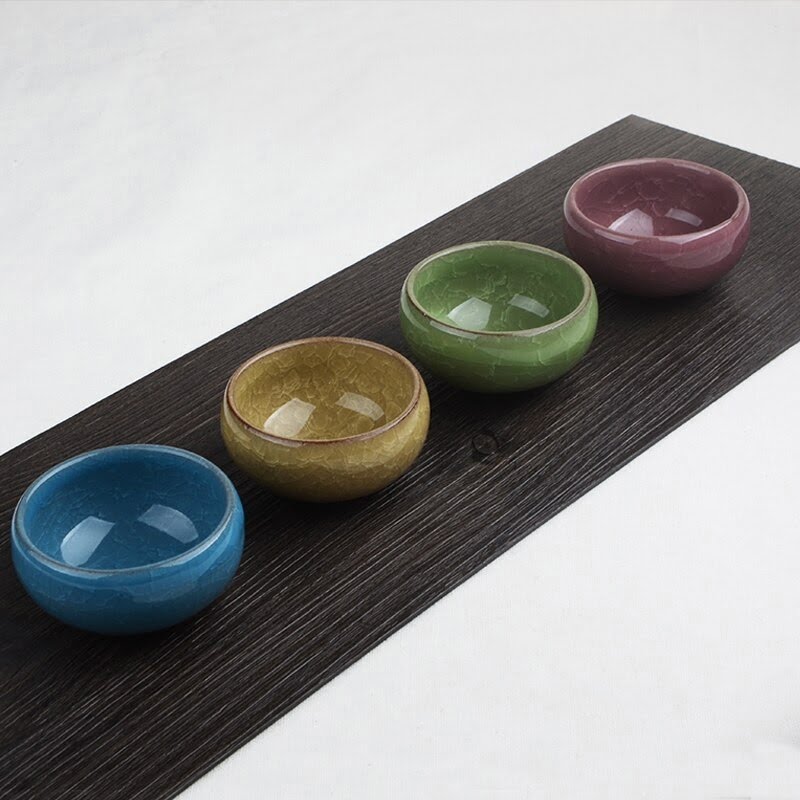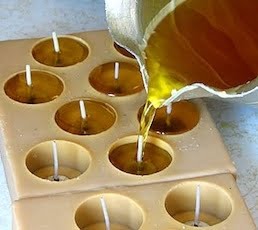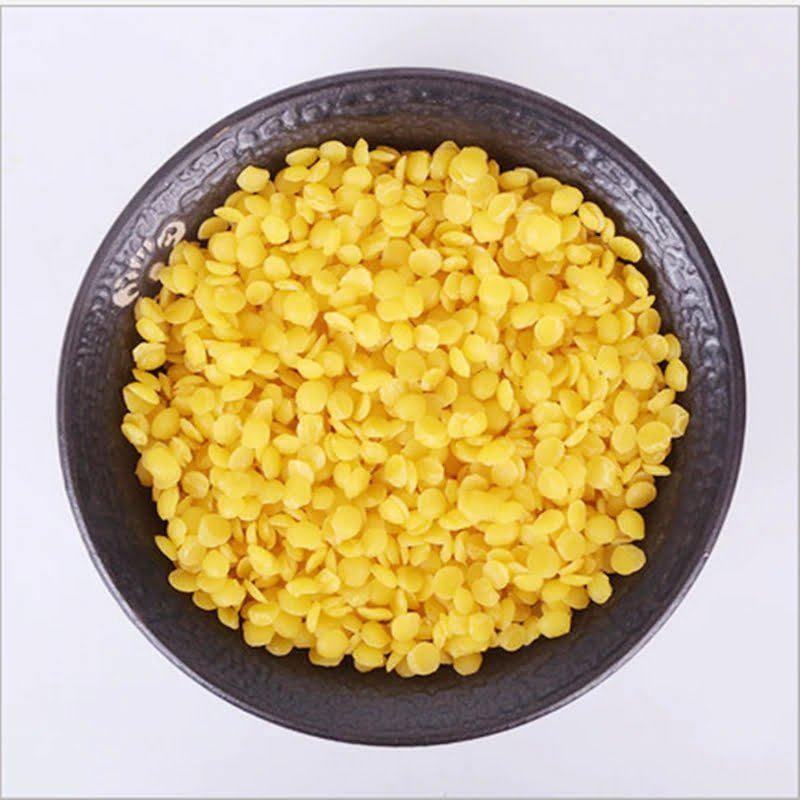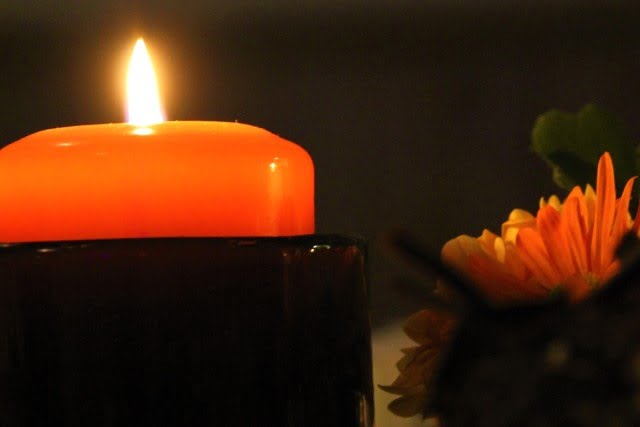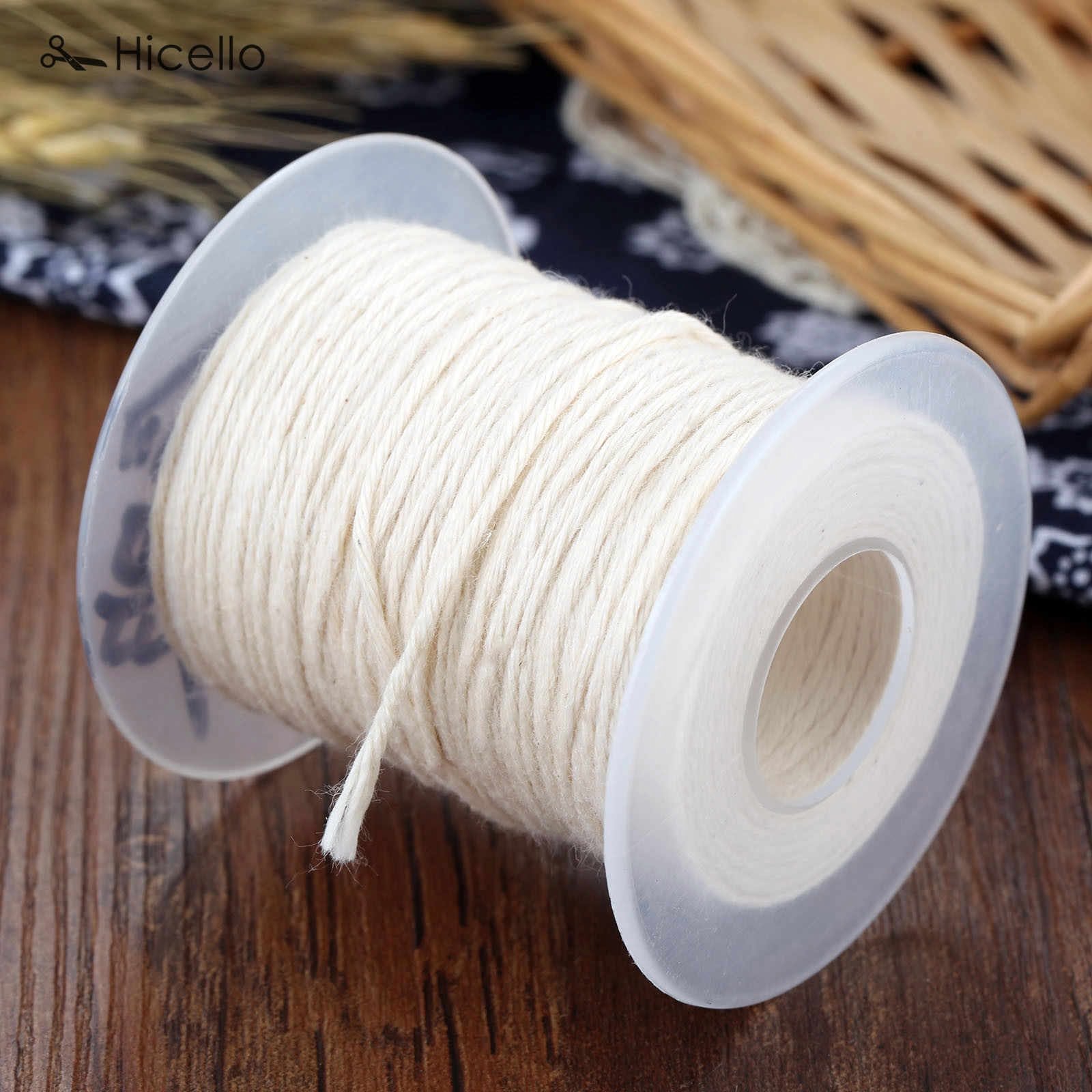Candles and Scents: An Art All Its Own
Making candles isn’t just a craft—it’s an art! From classic, unobtrusive scents to more exotic and intense fragrances, candles can take your home atmosphere to another level. With a little knowledge and practice, you can create customized candle scents to suit your preferences. Here are a few essential tips on mastering the art of candle-making and creating the scents you crave.
Candle-Making Basics
- Wax: Candle wax is the basis of any candle, and there are several types you can use in your creations. Paraffin wax is the most common and cheapest option, but soy and beeswax are also popular. Each type of wax has its own characteristics, so do some research and select the one that’s best for you.
- Container: Just like wax, there are several kinds of containers used for holding candles. Glass, metal, and ceramic are popular, but don’t be afraid to experiment with natural materials such as seashells and terracotta. Make sure your container is heatproof and has a tight-fitting lid.
Creating the Perfect Scent
A candle’s scent is just as important as its wax and container. You can create scents from essential oils, fragrances, and even your favorite food aromas. Here are a few ideas to get your creative juices flowing:
- Lavender: A soothing scent with calming effects, lavender oil can also be used to make natural candles. A blend of lavender, cedarwood, bergamot, and ylang-ylang is perfect for creating relaxation candles.
- Eucalyptus: For a more energizing scent, opt for eucalyptus oil. This crisp, minty oil is known to relieve stress and improve concentration. You can pair it with rosemary and chamomile for a unique, calming aroma.
- Vanilla: Everyone loves the comforting and classic scent of vanilla. You can use it to make romantic candles for special occasions, such as anniversaries, birthdays, and Christmas. For extra sweetness, add a hint of honey or orange blossom.
Mix & Match
Mixing and matching scents is fun and effective for customizing your candle aroma. As a general rule, it’s best to stick to two or three scents at most. Here are some classic combinations to get you started:
- Citrus & Herb: A blend of citrusy scents such as orange, grapefruit, and lemon, combined with the refreshing aroma of herbs like basil and thyme.
- Floral & Citrus: A mix of floral fragrances like jasmine and rose, together with a hint of citrus.
- Crisp & Fruity: A combination of fresh and earthy scents like pine and sandalwood, together with fruity notes like blackberry and raspberry.
Mindful Candle-Making
The key to candle-making success is to stay mindful of your process. From selecting the wax and container to adding the perfect balance of scents, each step of the way should be done with thought and care. When your candles are complete, light one and enjoy the unique scent you’ve created.
There’s nothing quite like handmade candles to add warmth and ambiance to your home. With a little creativity and experimentation, you’ll soon be a master at creating the perfect scented candles.

Welcome to my candle making blog! In this blog, I will be sharing my tips and tricks for making candles. I will also be sharing some of my favorite recipes.

